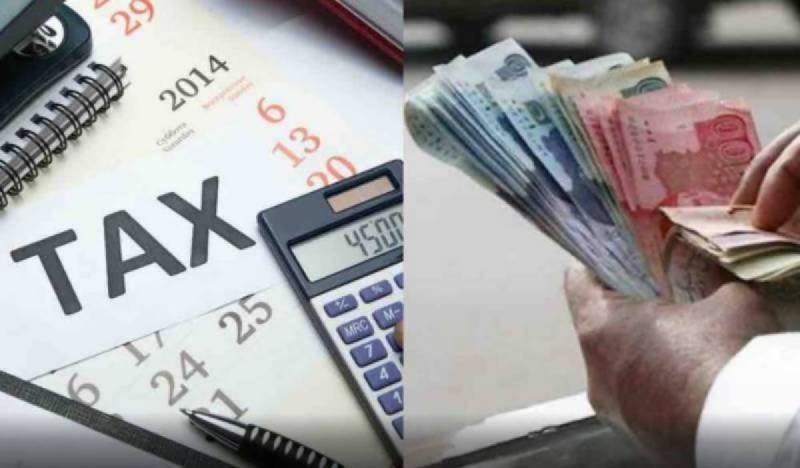The Federal Board of Revenue (FBR) is contemplating strategies to render non-registered businesses financially unviable. With just over 105 retailers registered, the FBR aims to eliminate the Non-Active Taxpayer List (Non-ATL) and enforce a substantial tax rate of 10-15% on sales to unregistered retailers.
Rather than pursuing the daunting task of registering 3.6 million retailers nationwide, the FBR is exploring administrative measures to dissuade non-registration. Proposed measures include imposing exorbitant tax rates on wholesale and distribution stages, ranging from 10% to 15%, along with the mandatory submission of Computerized National Identity Cards (CNICs) for bulk buyers.
Should these measures receive political approval, non-registered retailers would find it economically unfeasible to operate. Top FBR officials revealed plans to present these ideas to Finance Minister Muhammad Aurangzeb for consideration, potentially leading to amendments in tax laws in the upcoming 2024-25 budget.
The ongoing registration for the Tajir Dost Scheme is set to conclude on April 30, 2024. Current tax laws entail a 0.1% advance withholding tax on sales to ATL distributors, dealers, and wholesalers, and a 0.5% tax on non-ATL entities. Similarly, advance tax rates for sales to retailers vary, with ATL retailers subject to 0.5% tax and non-ATL retailers facing a 1% tax.
Under consideration is maintaining the same withholding tax rates for ATL entities while proposing a significant increase to 10-15% for non-ATL retailers. This adjustment would apply to both wholesale/distribution (Section 236G) and retail sales (Section 236H).
Official FBR data indicates the existence of approximately 0.5 million dealers, distributors, wholesalers, and retailers under both ATL and non-ATL categories. Additionally, there’s a proposal to mandate CNIC requirements for manufacturers and throughout the supply chain, penalizing unregistered entities with higher advance withholding tax rates.


